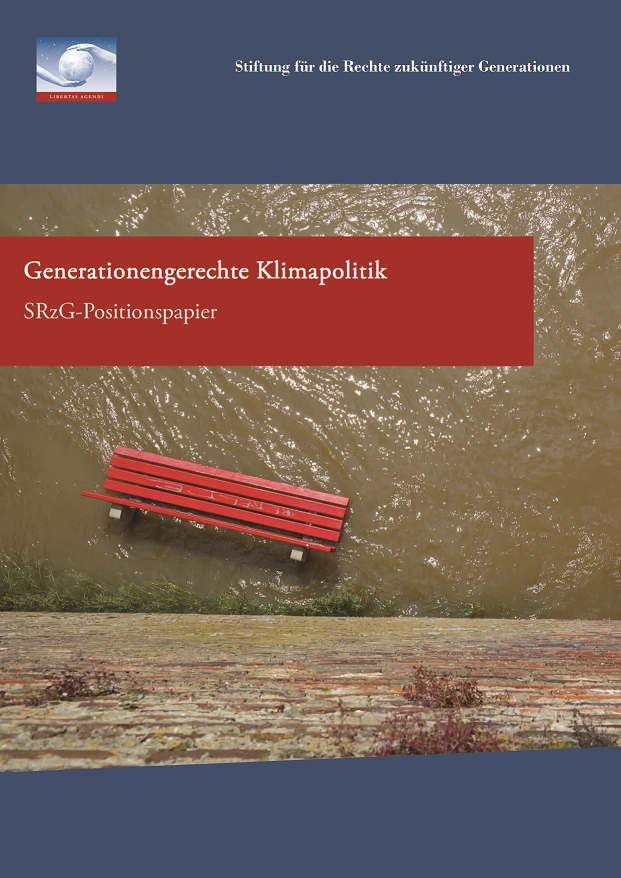
Perhaps no other policy area affects younger and future generations like that of environmental and climate policy. Intergenerational justice here means leaving an intact environment for future generations. Biodiversity and the preservation of ecosystems upon which we all depend, the responsible use of natural resources, developing solutions for nuclear waste disposal and tackling climate change are all important.
A short-sighted environmental and climate policy on the other hand will make things worse and threaten lives and livelihoods.
The FRFG wants the present generation to take the people who live on earth after us into account when making political decisions. That is why FRFG is committed to a responsible climate and environmental policy both nationally and internationally. The FRFG is accredited by the Economic and Social Council (ECOSOC) of the United Nations and has sent young delegates to the annual UN World Climate Conferences since 2008. In negotiations with diplomats and decision-makers as well as lectures, panel discussions, and protest actions which feature in the media award-winning documentaries. FRFG delegates helped ensure that intergenerational justice was enshrined in the Paris Climate Treaty.
Find out more about the FRFG’s award-winning youth exchange between Germany and Fiji on the occasion of COP23.



